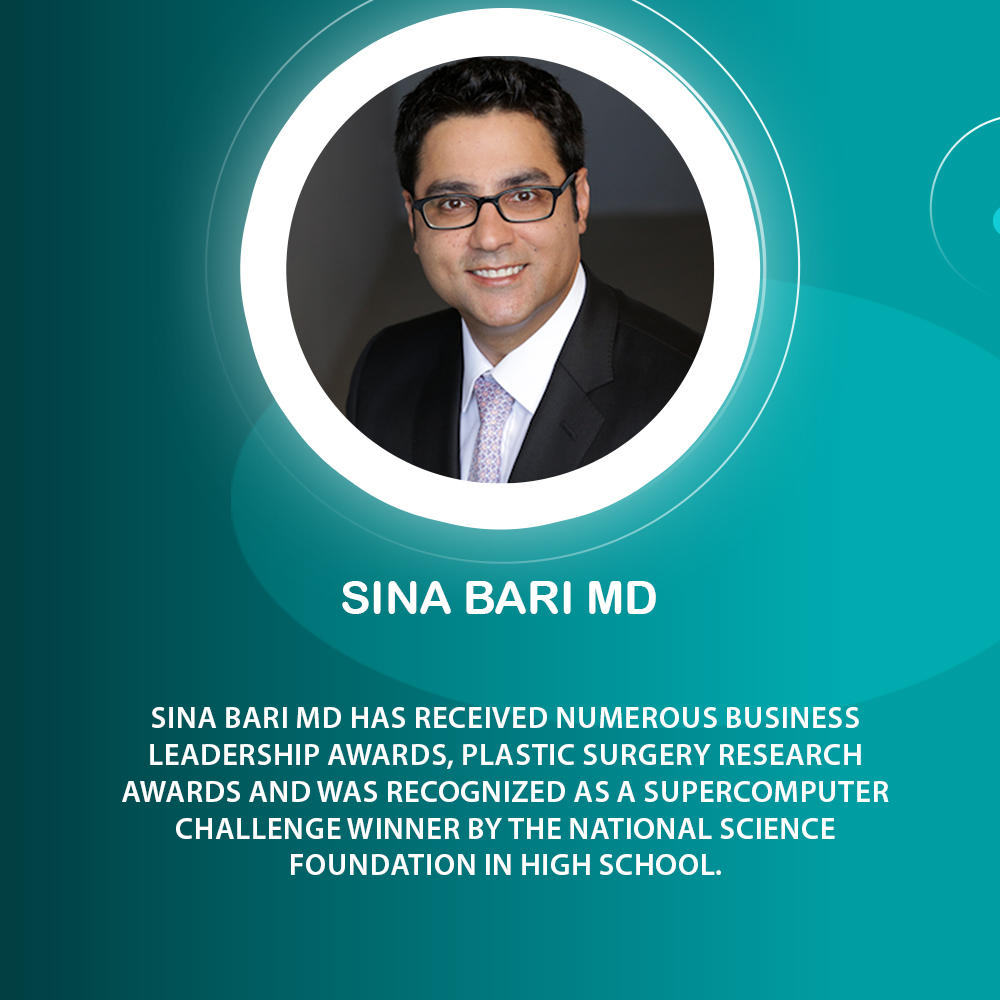
Whether or not you become a doctor, you must understand the profession well. There are many factors to consider, such as the stress levels involved, the type of work, and the procedures performed. You will also need to be flexible, up-to-date on new techniques in general surgery and willing to work in various situations.
Unfilled programs in the U.S.
Hundreds of preliminary general surgery positions are not filled each year, and these positions help boost the numbers of residents in surgical training programs. International medical graduates typically fill these positions. The NRMP is responsible for matching applicants to jobs.
A definite general surgery program lasts five years and provides comprehensive training in the field. After graduation, general surgeons can practice independently. They may also consider a subspecialty fellowship. Applicants should be aware that subspecialty training can make a big difference in compensation.
The number of unfilled general surgery positions reflects the competition in the specialty. Unfilled positions are higher for non-signaling specialties such as emergency medicine, pediatrics, and internal medicine. However, General Surgery had the highest unmatched rate at 20.7%.
A wide range of procedures was performed.
Despite the increasing trend towards specialization, general surgeons practice a diverse range of operations. This heterogeneity suggests a continuing demand for broad-based surgical education. Understanding the case mix of general surgeons’ practices provides essential information regarding allocating health services, workforce planning, and surgical education.
The study’s goal was to evaluate the operative practice of a typical general surgeon in the United States. Using ICD-9 and CPT codes, surgical procedures were identified. The most common method for each surgeon was ranked according to its frequency of appearance. It was then compared to the total statewide volume for that operation.
The study also identified the top ten operations performed by general surgeons. These operations remained consistent across states. Among these ten operations, skin excision and wound debridement were the most common.
Upward mobility-General Surgery
Generally speaking, upward mobility is an experience of moving up in society. It is a good thing, but it also has limitations. Some studies suggest that a closed community with a rigid institutional structure hinders upward mobility.
Upward mobility can occur in several ways, such as through overall employment growth, investments in human capital, redistributive policies, and seniority arrangements over the life cycle. However, the relationship between economic opportunity and surgical outcomes remains to be proven.
Upward mobility is often associated with meritocracy, a society based on hard work and education. However, it is possible to achieve upward mobility through personal choices, organizational restructuring, or economic downturns.
Upward mobility has been studied from an empirical and theoretical perspective. Generally speaking, a higher upward mobility rate is associated with a reformed economic system that allows for freedom in employment, education, and income. In contrast, a closed system such as the one that ruled China from 1949 to 1976 does not guarantee upward mobility.
Stress level-General Surgery
Surgical residents and trainees are experiencing high levels of stress. This can lead to problems such as ill health, low productivity, and poor patient outcomes.
Several studies have found that burnout is common among surgeons. High stress and burnout levels are associated with an increased risk of depression and suicidal ideation. Fortunately, burnout can be reversed. However, effective strategies are needed to minimize the stress level in the surgical training process.
In the present study, the authors studied the relationships between stress, coping, and psychological resilience on performance in surgical training. They also explored the impact of gender and position on the development of burnout in cardiac surgeons. The study population consisted of 22 cardiac surgeons from a single center.
Flexibility
During a general surgery career, it’s important to consider flexibility. This can include working part-time and reducing the time spent supporting professional activities. Flexible working also allows patients to receive care at more suitable times, increasing throughput.
Several studies have evaluated the impact of flexible training on postgraduate surgical education. This training allows students to tailor their final 24 months of residency training to their needs.
The study looked at the effect of flexibility on performance in terms of a range of metrics, including ABSITE scores, operative case logs, and subjective attitudinal surveys. It also looked at the attitudes of residents and program directors toward flexible training.
It’s important to remember that surgeons work long hours. This includes being on call. They may be required to come to the hospital at varying times. In addition, on-call surgeons may have to consult over the phone. This type of schedule may vary from specialty to specialty.